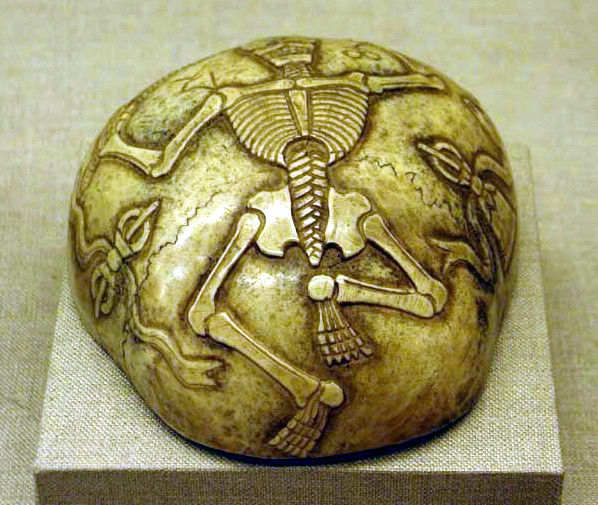Es gibt 3 großen Wortgruppen für „Orange“ weltweit:
1. Orange von sa: नारङ्ग nāraṅga Orangenbaum, z.B.: es: naranja, ja: オレンジ orenji
2. Apfelsine (Apfel aus China), z.B. ru: апельси́н, sv: apelsin )
3. „Portugiese“: tr: portakal ar: بُرْتُقَالَة f (burtuqāla), gr: πορτοκάλι (Chinesisch und kleinere Sprachen ausgenommen) Interessante
Abweichler: Katalanisch: taronja von arab. تُـرُنْج Zitronenbaum Hebräisch: תַּפּוּז (tapúz) Goldapfel


